Alarming photos reveal devastating scale of rainforest destruction in Papua New Guinea
Exclusive: Impact of forest loss on communities and ecosystems revealed in series of images and footage collected by environmental campaigners Global Witness following report on illegal logging in the South Pacific nation
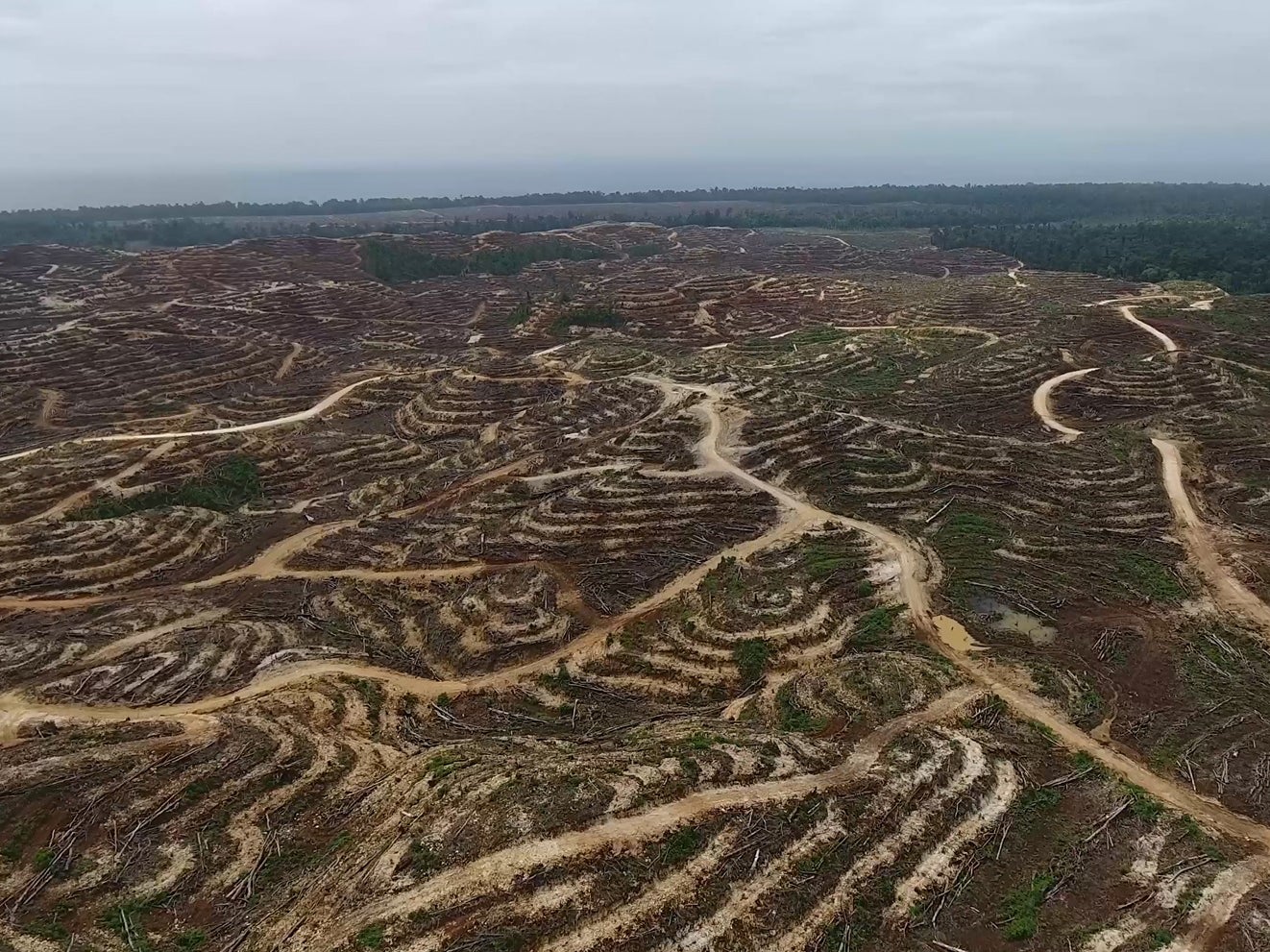
Your support helps us to tell the story
From reproductive rights to climate change to Big Tech, The Independent is on the ground when the story is developing. Whether it's investigating the financials of Elon Musk's pro-Trump PAC or producing our latest documentary, 'The A Word', which shines a light on the American women fighting for reproductive rights, we know how important it is to parse out the facts from the messaging.
At such a critical moment in US history, we need reporters on the ground. Your donation allows us to keep sending journalists to speak to both sides of the story.
The Independent is trusted by Americans across the entire political spectrum. And unlike many other quality news outlets, we choose not to lock Americans out of our reporting and analysis with paywalls. We believe quality journalism should be available to everyone, paid for by those who can afford it.
Your support makes all the difference.Photos and footage documenting the devastating impact illegal logging on the people and ecosystems of Papua New Guinea, have been released by environmental campaigners.
One of the most biologically diverse countries in the world, the rainforests that cover much of the country and provide a home for many of its unique species are vanishing fast.
By 2014, nearly one third of the country's commercially viable forests had been logged and demand from the global timber trade is driving further deforestation and leading to abuses of indigenous communities’ rights.
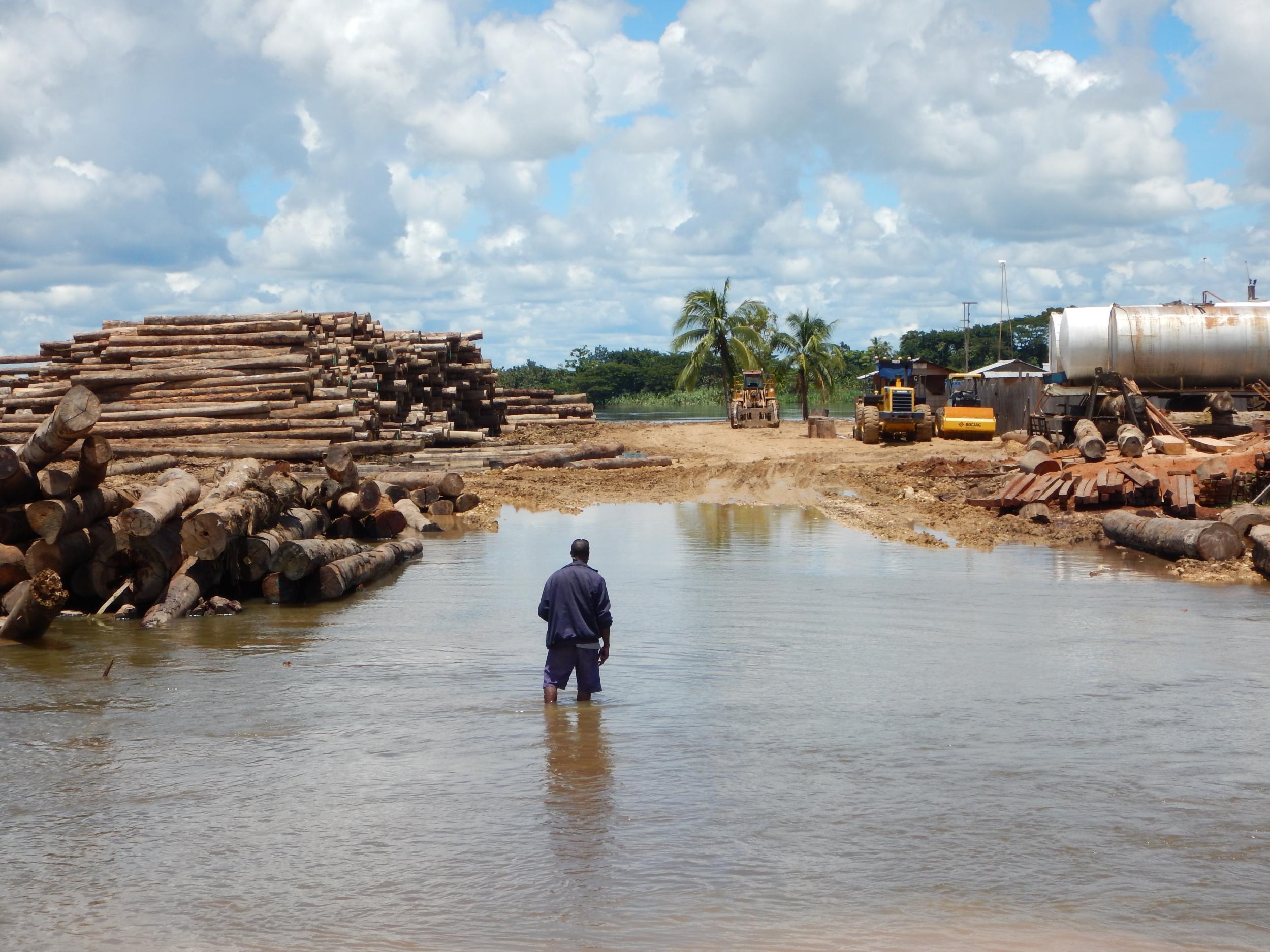
Global Witness – supported by the People’s Postcode Lottery – released photos revealing the extent of forest destruction in the South Pacific nation to mark the International Day of Forests.
The organisation found that tens of thousands of Papua New Guinean people are having their land stolen by their own government.
Widespread abuse of a land-leasing scheme has resulted in 12 per cent of the country being given away to foreign-backed companies either for logging or to clear the land for crops.
Most timber from Papua New Guinea is processed in China before being sold around the world, largely for use in furniture and flooring.
Last year Global Witness released Stained Trade, a report tracing the timber supply chain spanning around 9,000 miles from Papua New Guinea’s forests to retail shelves in the US.
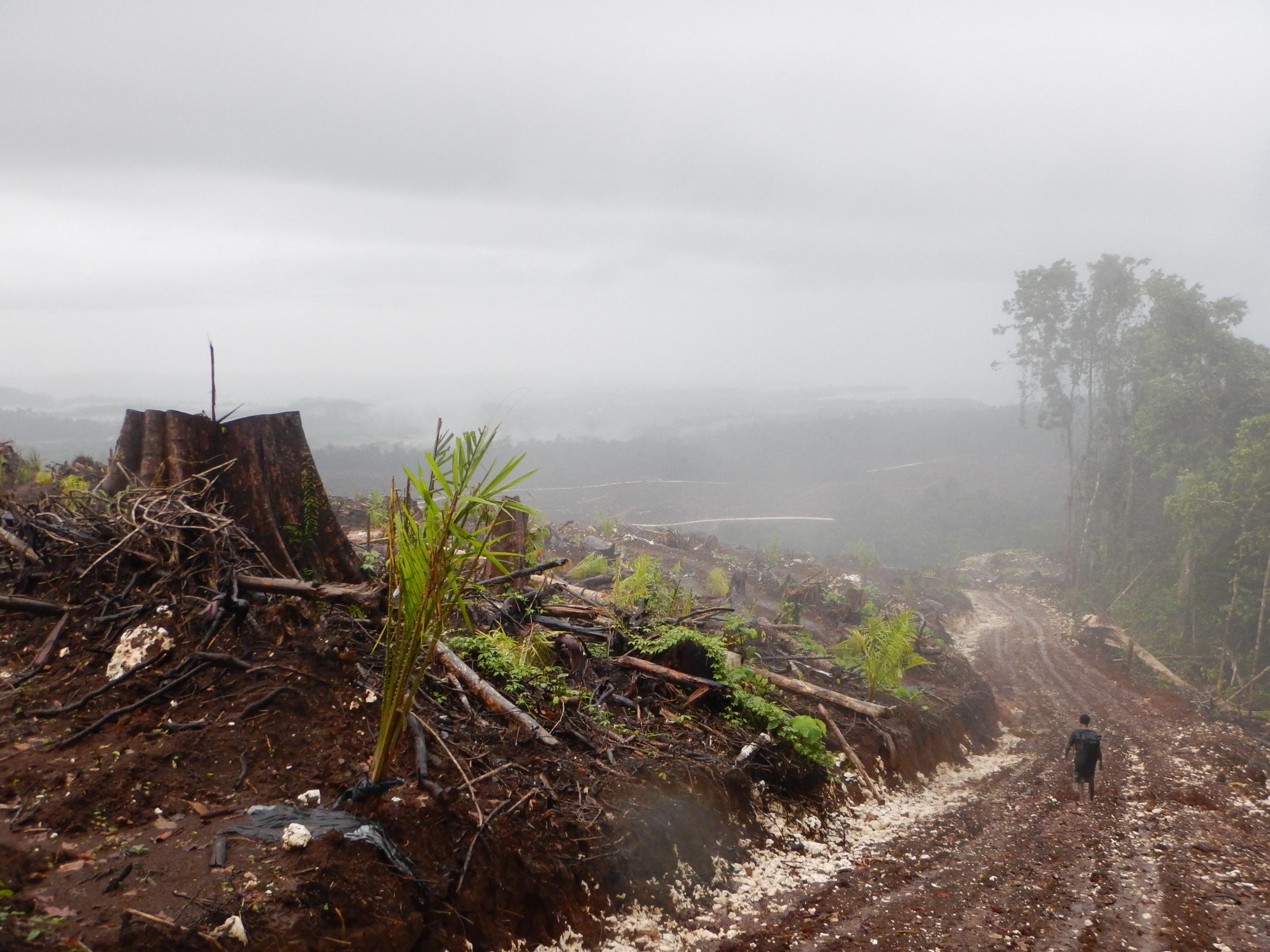
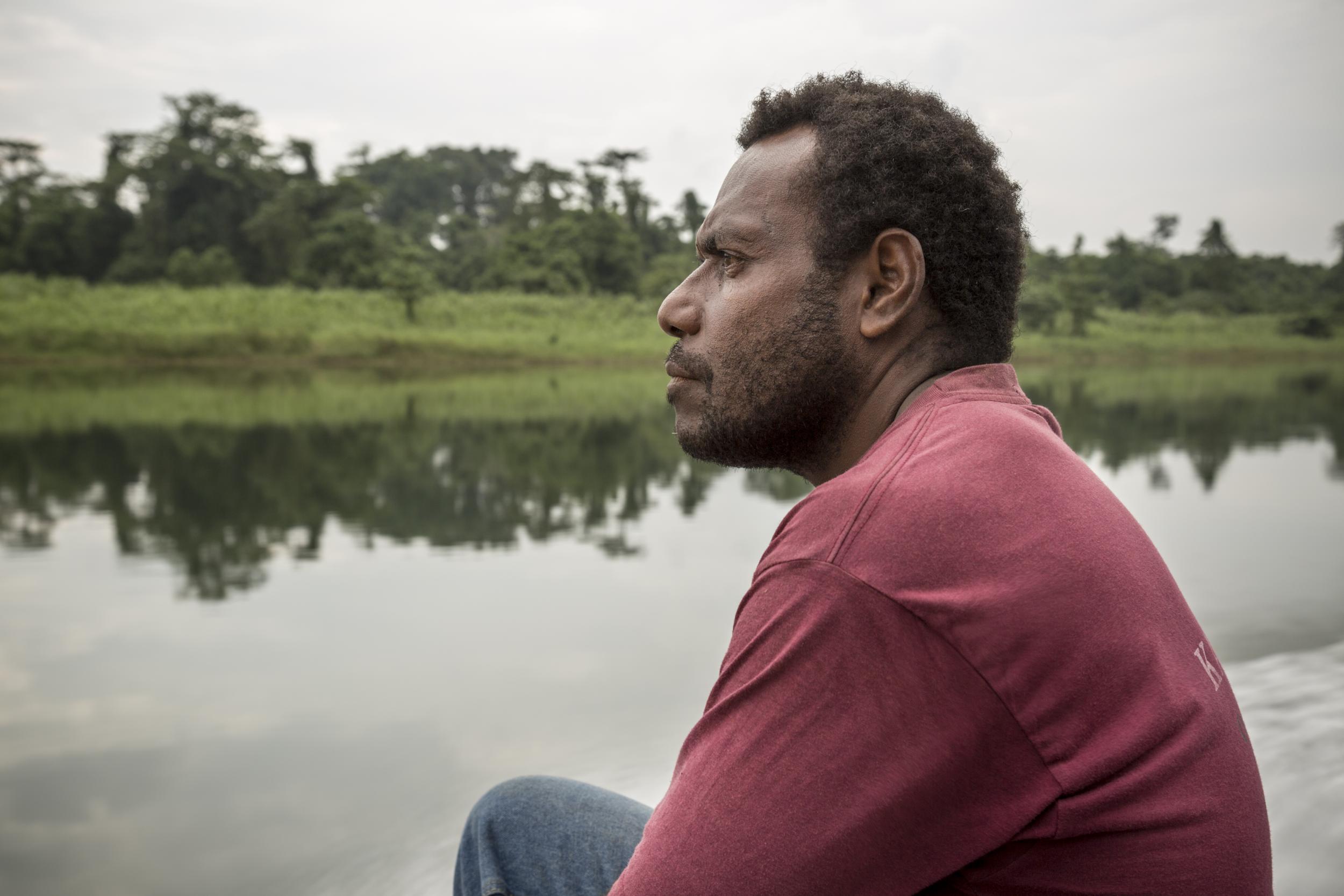
For the first time, the organisation revealed how companies are failing to screen out illegal timber, the risks this creates for businesses in the US and the impact these activities have on people in Papua New Guinea.
Paul Pavol, a landowner-turned-activist, said the leases the government used to give away his land to foreign businesses involved fraud and forgery.
He and his Mengen people have farmed, hunted and fished the Pomio region of the country for generations.
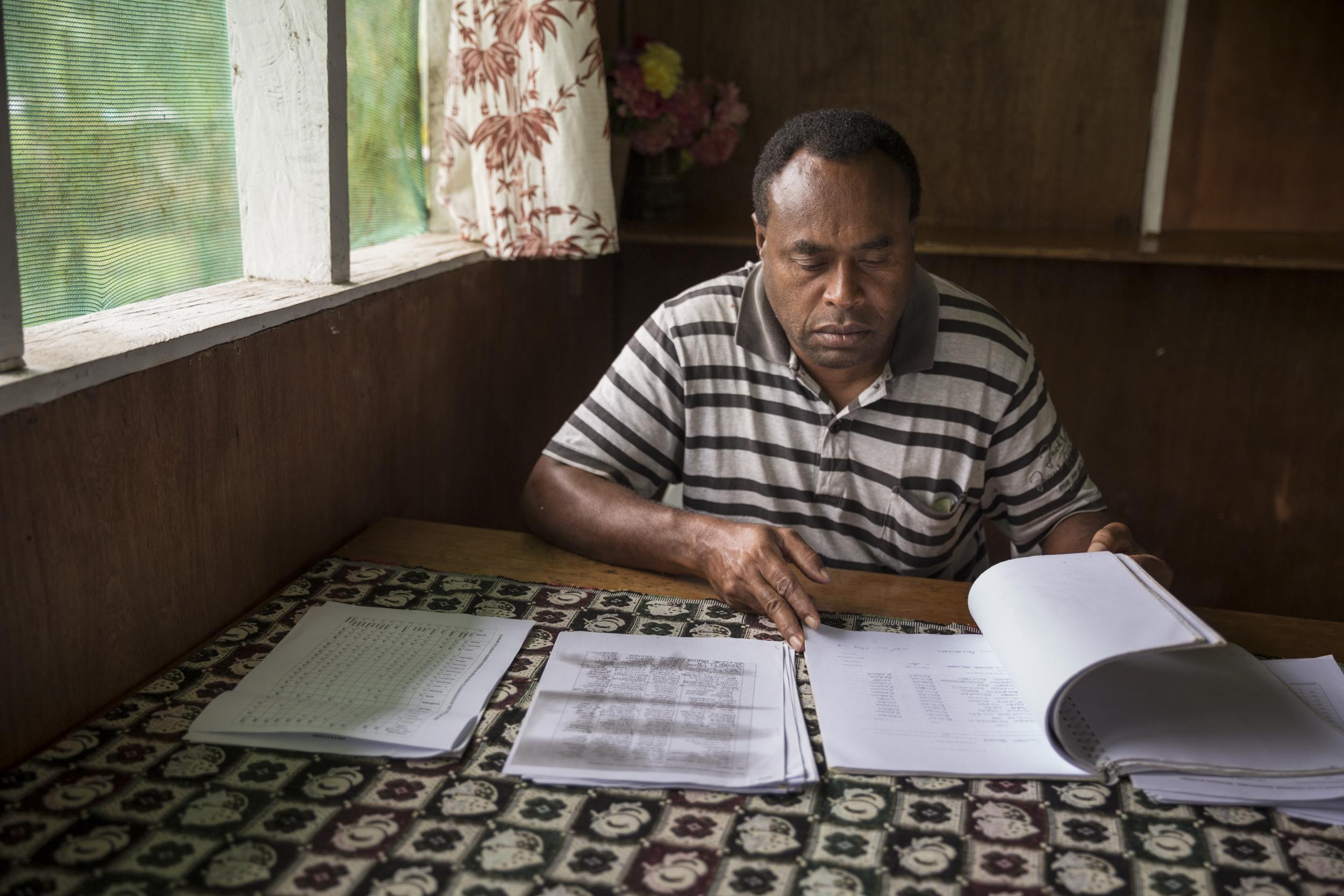
“The forest is our wholesale, forest is our timber yard, forest is our freezer, forest is our supplier,” said Mr Pavol. “Our land provided us with food and water, protein, building material, medicines, warmth and everything else.”
An area of rainforest in Pomio half the size of London has been cleared, producing an estimated £86m worth of timber as well as extensive palm oil plantations.
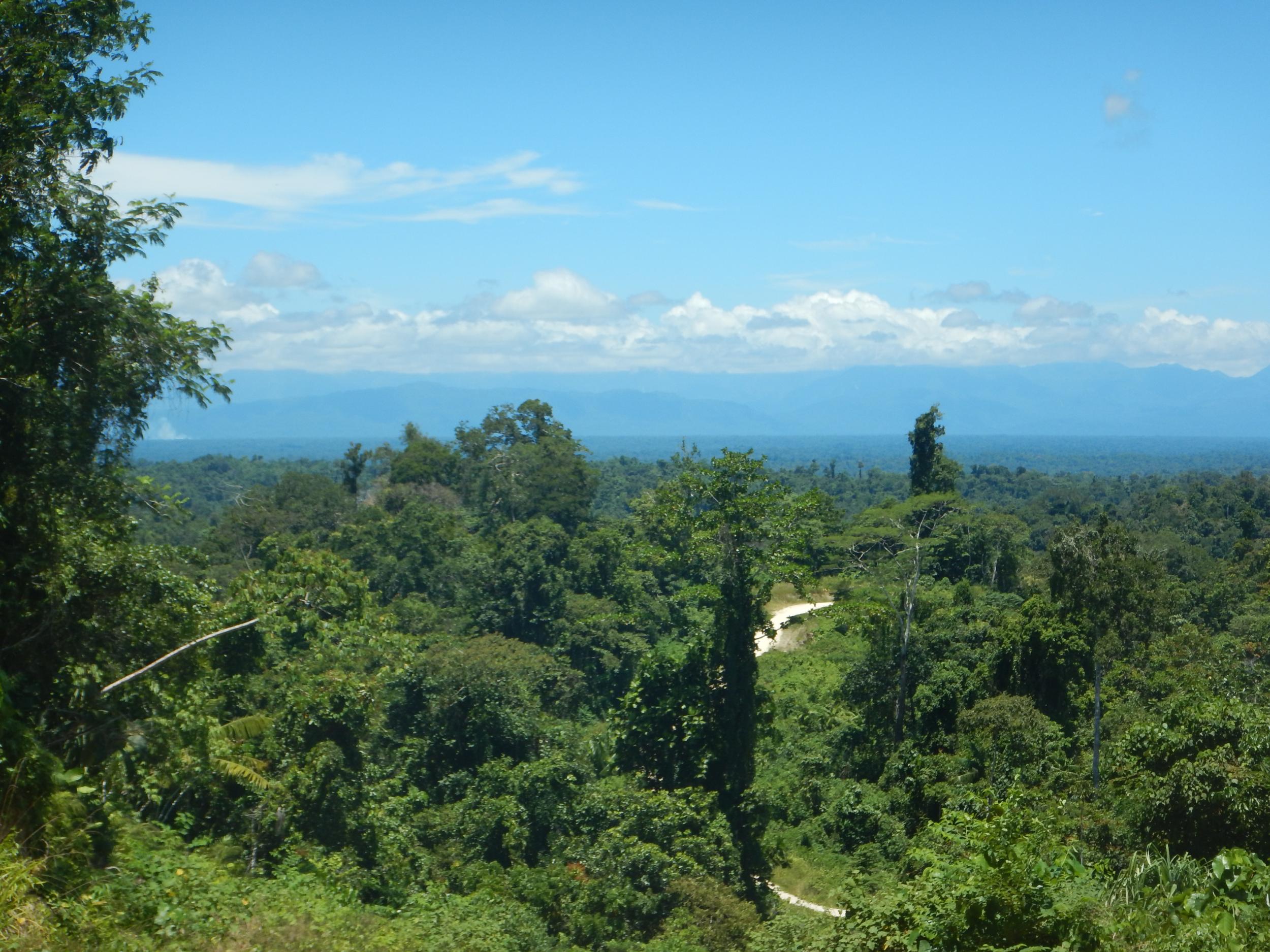
Some of the illegal leases are being challenged in court, but despite repeated public commitments from the Papua New Guinean government to cancel these leases altogether and return land to communities, for the most part such action has not been undertaken.
Interviews conducted by Global Witness with villagers in Papua New Guinea revealed loss of land and forests is having extensive negative impacts for the population including reduced access to food and clean water.
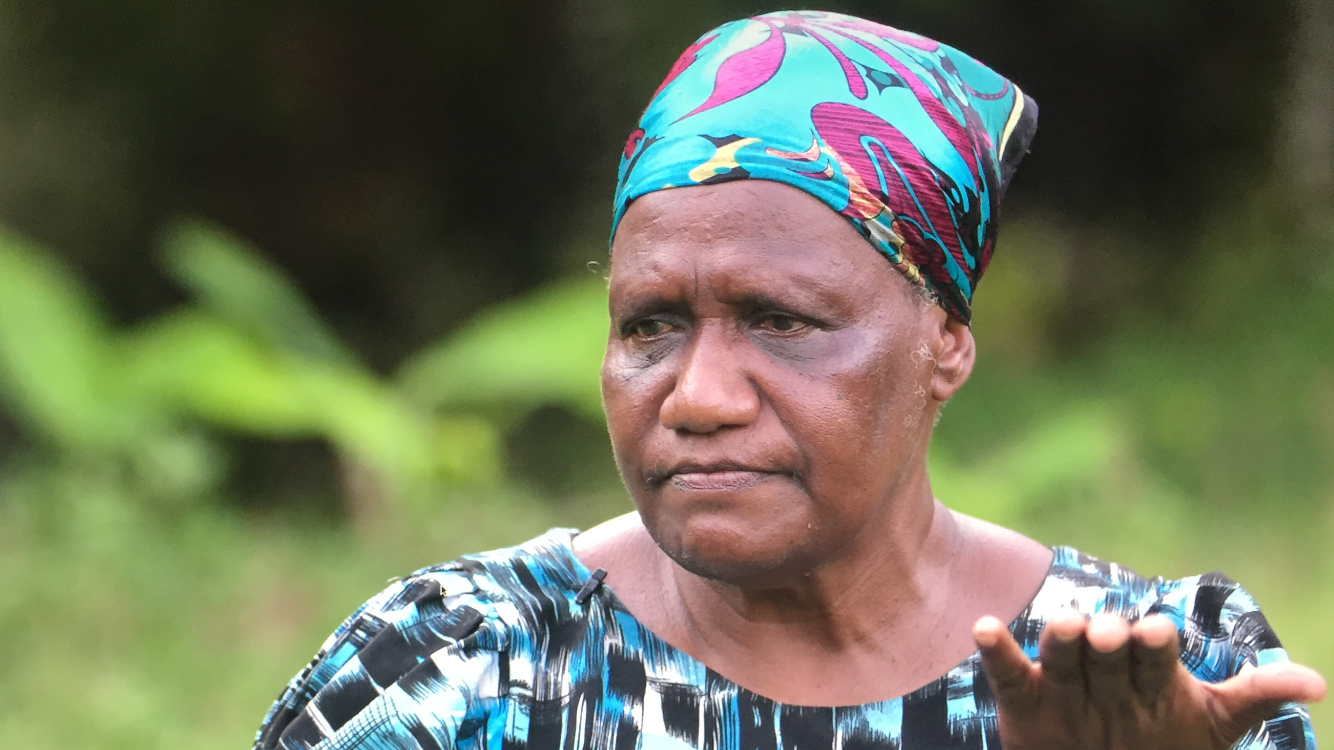
Aside from the human cost, the removal of forests from Papua New Guinea is likely to severely impact the rich biodiversity found there.
Researchers estimate over half of Papua New Guinea’s plants and animals have yet to be described by science, and around a third of its species are likely unique to the country.
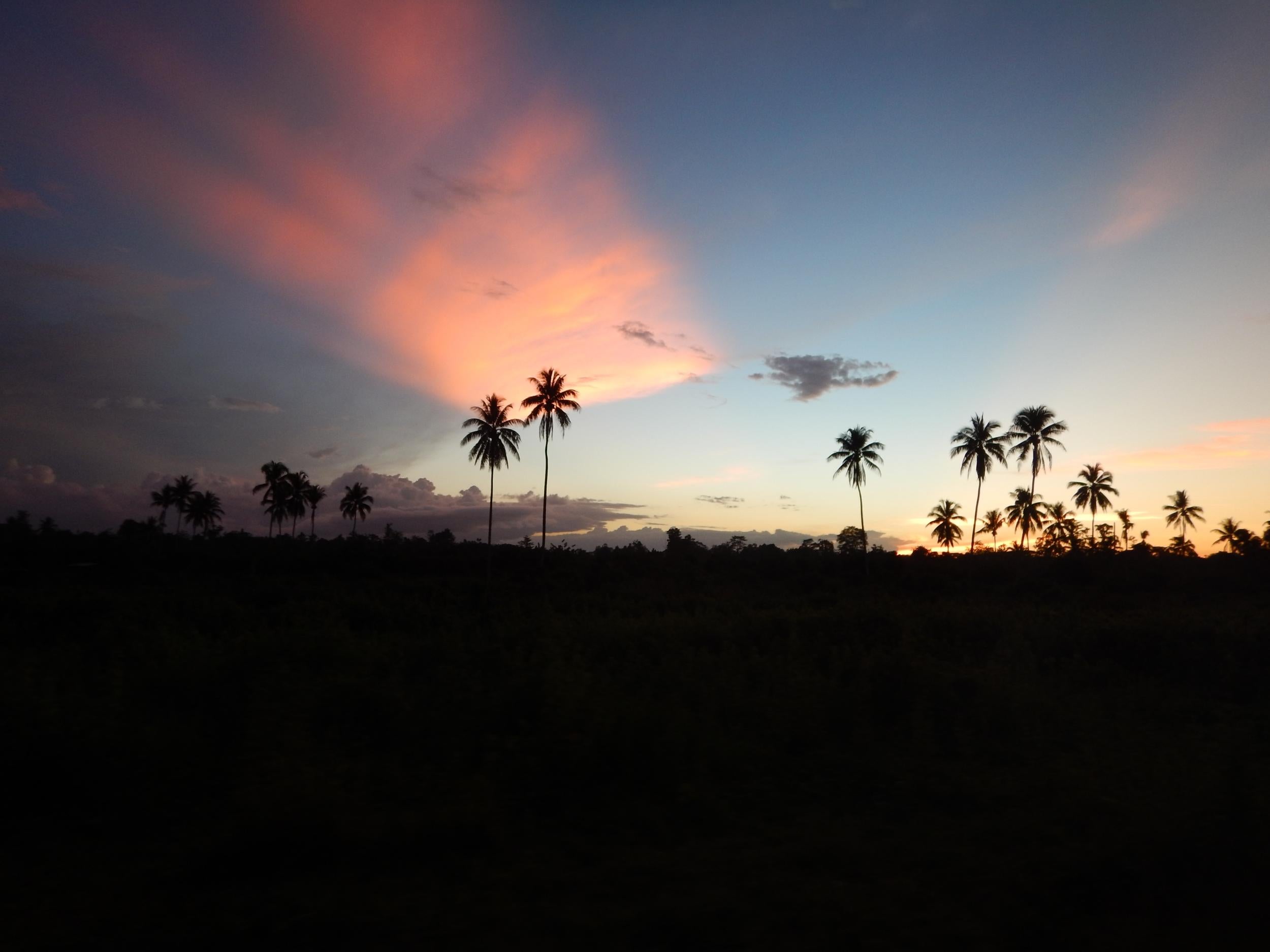
In light of their work, Global Witness has made a series of recommendations to the US, Chinese and Papua New Guinean governments.
They have called on the international community to improve regulation of the trade in tropical timber, in order to prevent the impacts on people and ecosystems revealed in Papua New Guinea.
Join our commenting forum
Join thought-provoking conversations, follow other Independent readers and see their replies
0Comments